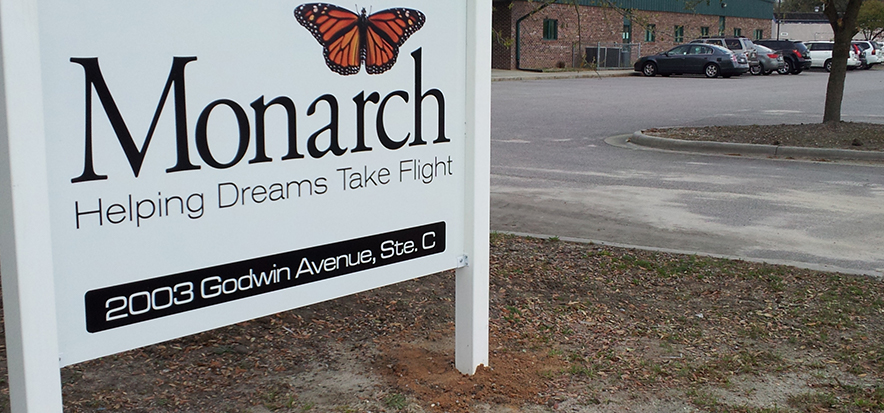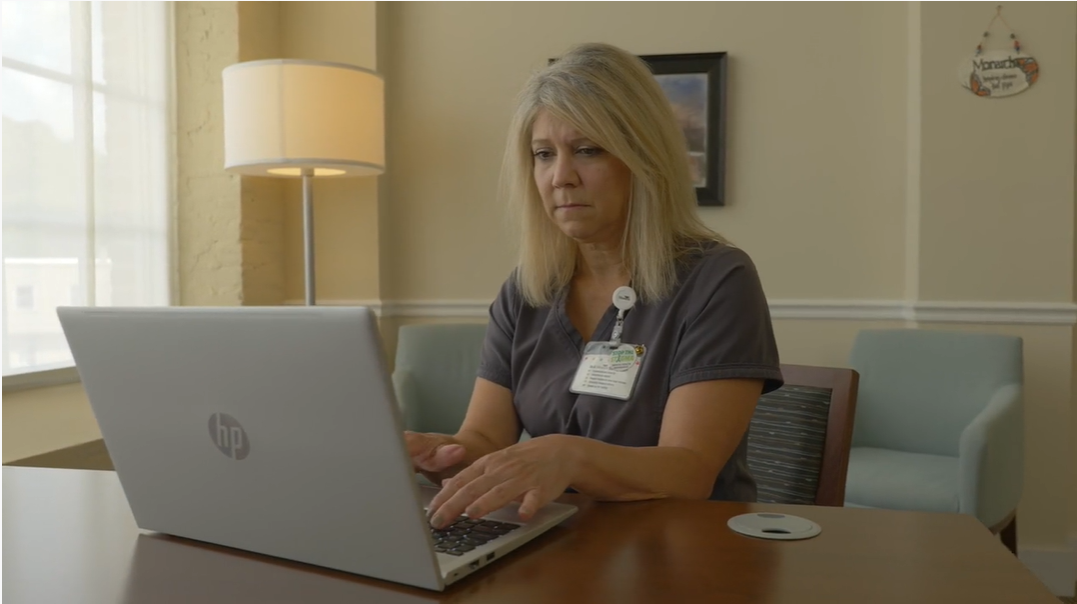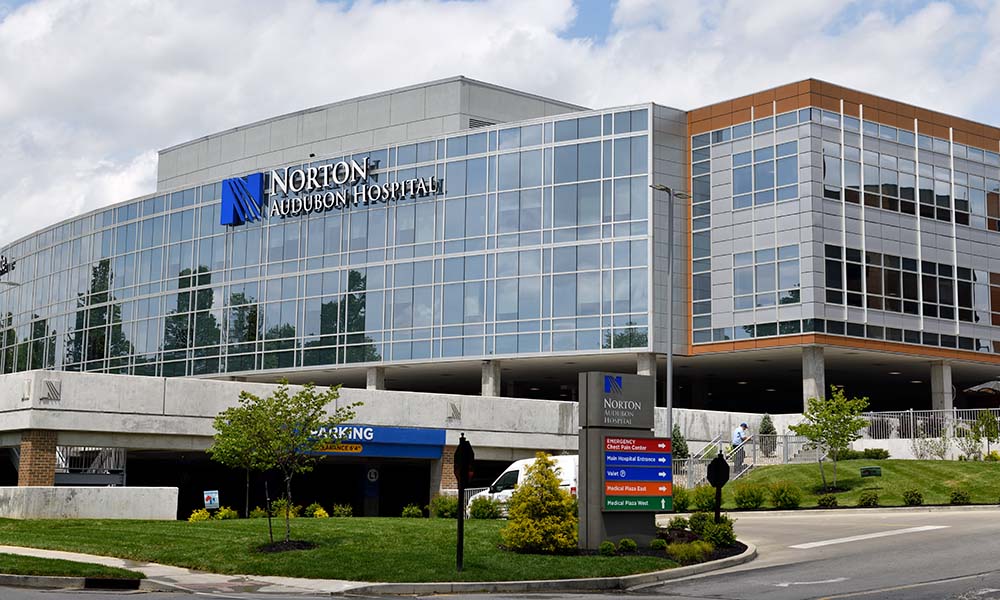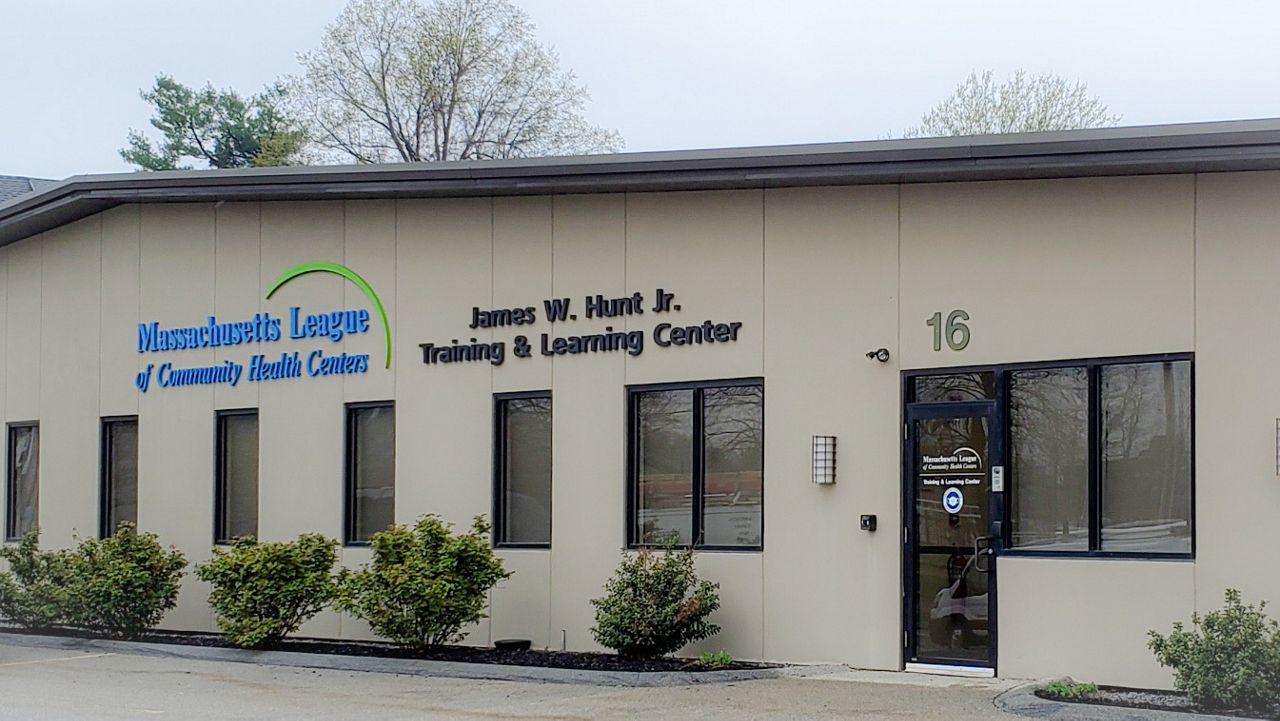The Challenge
Prior to implementing Pings™, Saint Francis Healthcare Partners (SFHCP) relied heavily on hospital records and census data from their skilled nursing facility (SNF) partners to know when patient events occurred. This information was delayed, which affected their ability to provide facilities with an estimated length of stay (LOS) and limited opportunities to make timely post-discharge follow-ups. SFHCP hired a full-time, on-site RN care manager at one of their highest volume SNFs in order to identify patients who were recently admitted, which tended to be a time-consuming process. SFHCP was looking for a solution to help reduce the time and efforts required of them to manage their accountable care organization (ACO) patients at affiliated facilities, while also working to decrease their overall post-acute spend.
The Solution
SFHCP engaged Bamboo Health to implement Pings. The entire Pings implementation process took less than one month to complete. Once the agreement was signed, SFHCP’s data analytics team worked with Bamboo Health to create a roster of all Medicare Advantage and Medicare Shared Savings Program (MSSP) patients to be uploaded into the application. SFHCP chose to start the program with their Medicare patients primarily for post-acute care, as well as to determine the return on investment for adding additional patients in the future.
Saint Francis Healthcare Partners required all of their preferred SNFs to be integrated into Pings. The Bamboo Health team provided on-site training to all of the post-acute care managers and operations support staff who would be using the application. The Bamboo Health team helped to streamline workflows, implement best practices and maximize work output. SFHCP has since expanded its post-acute care management program to include 13 skilled nursing facilities, two post-acute care managers and one RN waiver coordinator.
Through the Pings solution’s real-time notifications, SFHCP’s care managers are now notified whenever one of their patients is admitted to a post-acute facility. The post-acute managers are then able to review patients’ events, determine estimated LOS and email patients’ SNF teams to determine appropriate care plans and next steps. Care managers are also notified upon patients’ discharges in real time.
Using the Pings solution’s Visit History and Care Team features, care managers are able to contact patients, review discharge and follow-up care instructions and review information regarding patients’ care team members. SFHCP also utilizes the Exports feature to produce reports on their patient outcomes including 30-day readmission rates and average LOS.

Pings has been integral to our success in managing post-acute outcomes. Having real-time data regarding our attributed patient population has truly been a key component in our post-acute care management strategy.
Khadija Poitras-Rhea Former Executive Director of Care Coordination & Population Health Management, Saint Francis Healthcare Partners
The Results
In one instance, SFHCP received a Ping on a patient from a nearby health center. SFHCP’s care manager then contacted the patient, as well as the patient’s most recent home care agency, to review discharge instructions and prior medications. The care manager learned that the patient had been refusing additional home care support and follow-up appointments. The patient’s wife expressed concerns for her husband, as he had been experiencing symptoms such as irritability and depression. The care manager was able to contact an Advanced Practice Registered Nurse to coordinate a face-to-face visit at the patient’s home. Upon the at-home visit, it was determined that the patient had a urinary tract infection. The patient was placed on an antibiotic to treat the infection, which avoided an unnecessary hospital readmission. The patient also agreed to resume home care services.
Since implementing Bamboo Health’s Pings solution, SFHCP has been able to receive real-time admit and discharge notifications, allowing for more timely follow-up phone calls to patients. They have also been able to easily identify patients attributed to their ACO while also monitoring patients readmitted to acute care facilities. This has allowed SFHCP to quickly intervene following patient transitions and improve care coordination efforts for their patient populations.
Since implementing Pings, Saint Francis Healthcare Partners has seen:
- 24.7% reduction of 30-day hospital readmission rates for preferred post-acute network
- 27.5% reduction of network average LOS
About Saint Francis Healthcare Partners
Saint Francis Healthcare Partners (SFHCP) is an independent organization founded in 1993 as a 50/50 physician-hospital organization. It is a joint venture between a community of exceptional physicians and Trinity Health of New England. Its membership includes over 700 primary and specialty care physicians and over 200 advanced practice registered nurses (APRNs), physician assistants (PAs) and nurse midwives. As a clinically integrated network of providers, SFHCP’s primary goals are to increase care quality, improve the patient experience and effectively manage the overall cost of care for the populations it serves.
About Bamboo Health
Bamboo Health empowers healthcare organizations to improve behavioral and physical health outcomes through the most powerful care collaboration network with Real-Time Care Intelligence™. By providing real-time insights during pivotal care moments, clients are enabled to perform life-improving actions and deliver seamless, high-quality and cost-effective whole-person healthcare. From coast to coast, Bamboo Health partners with five of the six major pharmacy chains, 52 states and territories, 100% of the top 10 best hospitals and more than half of the country’s largest health plans to improve more than 1 billion patient encounters annually.

















